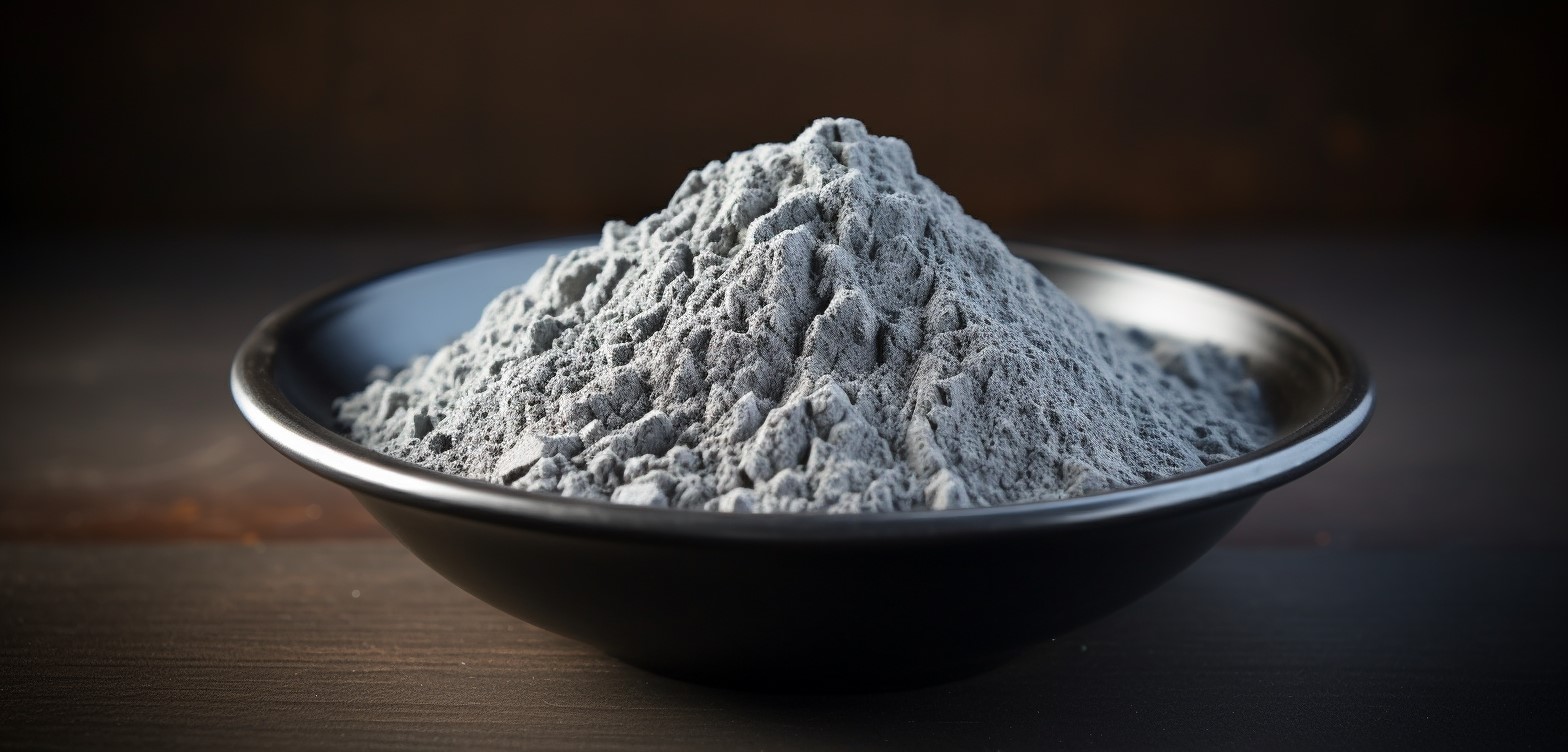

Tantalum is primarily found in tantalite, often in association with niobium. Tantalum has moderate hardness and is highly ductile. It possesses exceptional chemical properties, including extremely high corrosion resistance. Whether in cold or hot conditions, tantalum does not react with hydrochloric acid, concentrated nitric acid, or aqua regia. Although tantalum has strong corrosion resistance, this is due to the formation of a stable protective film of tantalum pentoxide (Ta2O5) on its surface.

Tantalum powder is a fine, dark gray metallic powder that is produced from tantalum metal. It is highly resistant to corrosion and has a high melting point, making it suitable for various industrial applications. The powder particles are typically spherical or irregularly shaped, with an average particle size ranging from a few micrometers to several hundred micrometers.
Tantalum powder is known for its high density, which is around 16.6 grams per cubic centimeter. It has excellent thermal and electrical conductivity properties, making it useful in electronic components such as capacitors, resistors, and semiconductors. The powder is also widely used in the production of superalloys, which are high-performance materials used in aerospace, defense, and chemical industries.
Tantalum powder is a versatile material with various industrial applications, offering excellent corrosion resistance, high density, and good thermal and electrical conductivity properties.
| Type | Purity | Shape | Particle Size |
| Tantalum Powder | >99.9% | Spherical | 50nm, 100nm, 1-45um, etc. |
| Micro Tantalum Powder | >99.9% | Spherical | 1-10μm, 5-25μm, 15-45μm |
| Nano Tantalum Powder | >99.9% | Spherical | 40-80nm; 30nm-1um (customized) |
| Ta10W | ≥99.9% | Non-Spherical | -100 mesh |
| Ta2.5W | 99.95% | Non-Spherical | -100 to 325 mesh |
| Ta10W - Low Oxygen | 99.90% | Non-Spherical | -100 mesh |
| Ferro Tantalum Powder | |||
| Tantalum Aluminide | 99.50% | 80 mesh |
Tantalum powder has a wide range of applications due to its unique properties. Some of the common applications of tantalum powder are:
1. Electronics: Tantalum powder is widely used in the production of capacitors for electronic devices. Tantalum capacitors have high capacitance and voltage capabilities, making them ideal for use in smartphones, laptops, and other electronic gadgets.
2. Aerospace and Defense: Tantalum powder is used in various components of aerospace and defense applications. It is used in manufacturing rockets, missiles, and aircraft components due to its high melting point, corrosion resistance, and ability to withstand extreme temperatures and pressure.
3. Medical and Dental Implants: Tantalum powder is biocompatible and resistant to corrosion and body fluids, making it suitable for medical and dental implants. It is used in making cranial plates, bone implants, and dental implants.
4. Chemical Processing: Tantalum powder is used in various chemical processing industries. It is resistant to most acids, making it useful in the production of corrosion-resistant equipment such as heat exchangers, reactors, and pipes.
5. Jewelry: Tantalum powder is used in the production of high-quality jewelry. It is known for its attractive dark grey color and is often used as an alternative to platinum. Tantalum jewelry is durable, scratch-resistant, and hypoallergenic.
6. Heat Exchangers: Tantalum powder is used in the production of heat exchangers due to its excellent heat transfer properties. Tantalum heat exchangers are widely used in industries like chemical, pharmaceutical, and petrochemical, where corrosion resistance and heat transfer efficiency are essential.
7. Electrical Contacts: Tantalum powder is used in electrical contacts due to its high melting point, resistance to arcing, and low electrical resistance. It is commonly used in high-current electrical switches and connectors.
8. Nuclear Reactors: Tantalum powder is used in the production of nuclear reactors due to its ability to withstand high temperatures and resist corrosion. It is used in the form of clad to protect the reactor core from corrosion.

